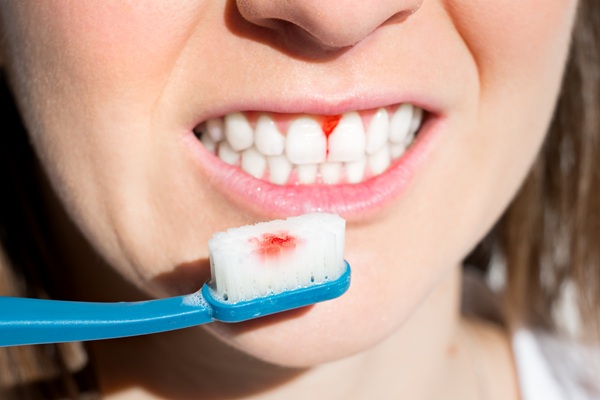Aftercare for fluoride treatments
Fluoride is a mineral that naturally strengthens teeth and helps prevent cavities. Applying fluoride in a professional setting is a simple, painless task that can be accomplished in a short period of time — even over a patient’s lunch break. Fluoride may be applied through a mouthwash or varnish. Some treatments do not need any rest time, and patients can eat immediately afterward. If a patient receives a varnish, the general dentist may recommend waiting at least 30 minutes before eating and until nighttime for brushing to let the varnish adhere to the teeth.
Food to eat after a cleaning
Patients interested in maintaining the full integrity of the fluoride treatment should avoid certain foods directly after the dental visit. Items that are especially hot, cold, crunchy, sticky, hard, spicy, or acidic are better to avoid. If a patient is not sure about some foods, simply waiting half an hour before eating at all is a safe bet. After a few hours, everything is fine to eat.
Important oral hygiene habits
While fluoride is a fantastic option to strengthen enamel and avoid decay, it can be harmful in large doses. Taking care of teeth by practicing daily oral hygiene is the most effective way to maintain great health. Brush twice each day, floss at least once, use mouthwash, and visit a general dentist biannually.
Other questions about fluoride
In addition to discussing aftercare, a patient should also understand how fluoride treatments benefit teeth, how to properly prepare for them, and what side effects might occur. Asking the right questions can help patients make educated decisions on treatments and overall oral health.
What are the benefits of fluoride?
Fluoride treatments are beneficial to both the teeth and gums. Natural bacteria that form in the mouth gradually decay tooth enamel. Fluoride restores the minerals in teeth and makes them stronger. Fluoride can also eliminate bacteria and stop its growth, which prevents cavities from forming and gums from getting infected.
Are there side effects?
It is possible to consume too much fluoride and experience negative side effects. An overabundance of fluoride may create staining or spotting and cause teeth to grow dense but not strong. Fluoride poisoning is rare but also possible.
How should patients prepare for treatment?
Fluoride is one of the easiest dental procedures. Other than brushing thoroughly before arriving at the dental office, patients do not need to prepare for fluoride.
Conclusion
Keeping teeth strong and healthy is crucial to avoid future oral problems. Patients who are susceptible to cavities or decay may want to consider fluoride in addition to regular oral hygiene habits. Talk to a general dentist if questions still remain about the process and benefits.
Request an appointment or call Lida Davani, DDS at 310-402-2149 for an appointment in our Los Angeles office.
Related Posts
In recent years, more patients have been asking general dentist professionals about straighter teeth. Orthodontic treatment has come a long way in the last decades. Patients may think that traditional braces are the only option, but clear aligners and appliance therapy are also available now. When having this conversation, it is important that patients discuss…
Good oral care is critical for overall well-being, and adults who routinely visit a general dentist are less likely to have problems with their teeth and health. Visiting a dentist twice per year can help detect and remediate the following conditions: CavitiesGum diseaseOral cancerTooth misalignmentSystemic diseaseMany people put off visiting a dentist due to fear…
When a patient has a cavity, a general dentist thoroughly takes out all the decayed area of the tooth and replaces it with a filling in the empty space to prevent future decay. When it comes to the type of filling, there are various options from which the patient may choose. They each have advantages…


